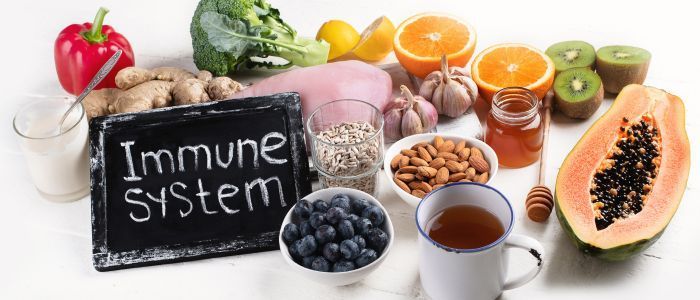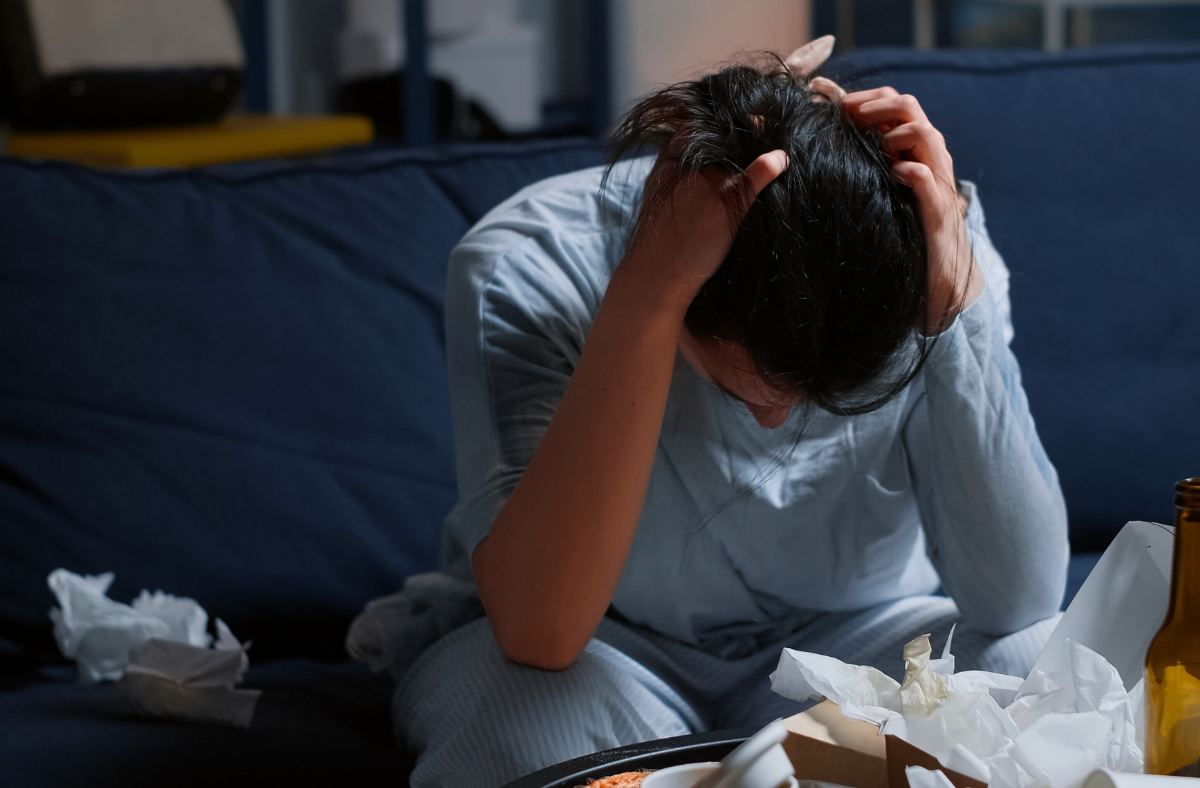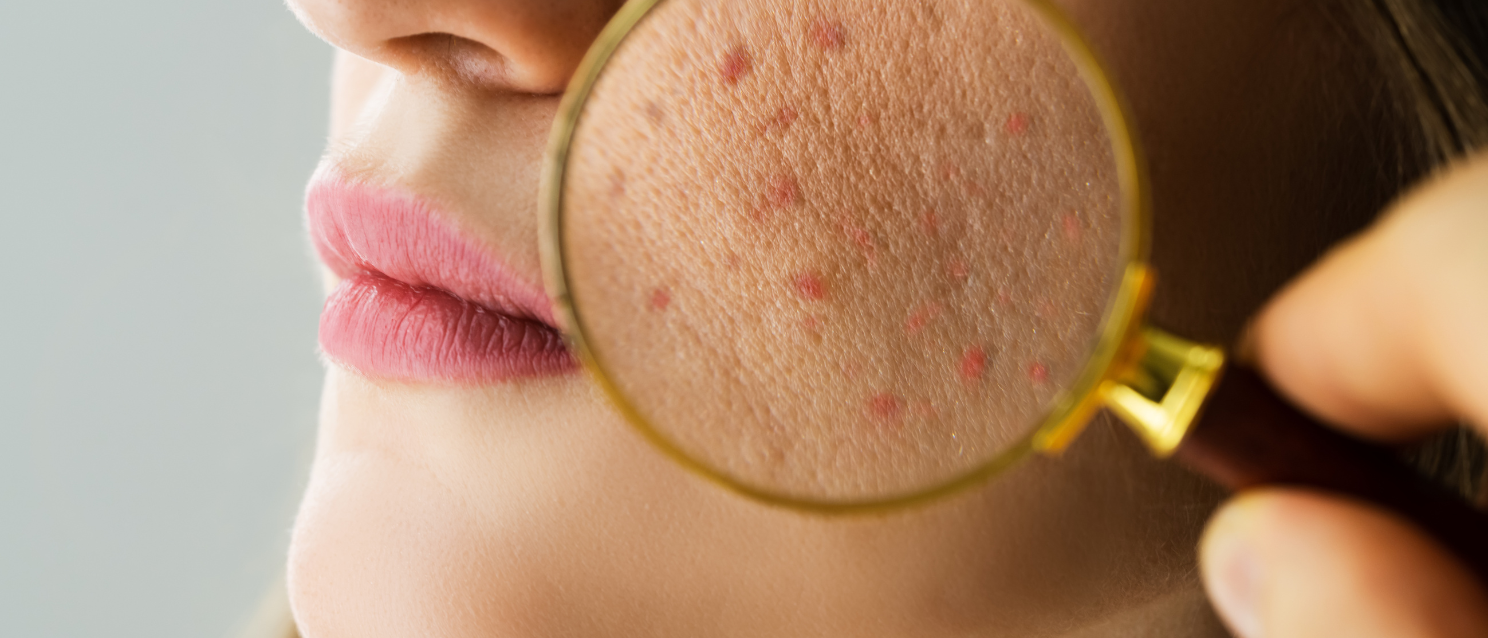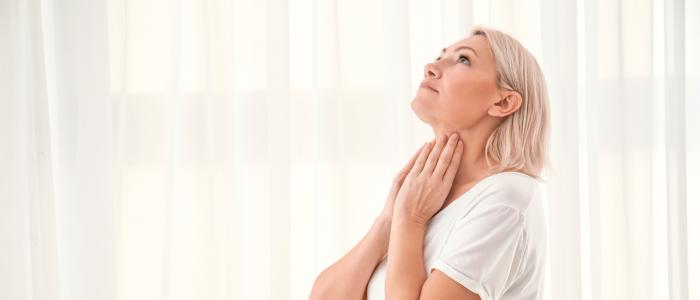Things you can do if you have an autoimmune condition

Could it be an auto-immune condition?
Did you know that there are over 100 different autoimmune conditions?!
These diseases can attack specific tissues and organs, from the thyroid, lungs, pancreas, digestive tract, and some are systemic, meaning they impact the whole body.
Tissue specific auto-immune conditions include:
- Ulcerative Colitis (large intestine)
- Chron's Disease (small intestine)
- Graves' disease (thyroid)
- Diabetes Type 1 (pancreas)
- Coeliac Disease (small intestine)
- Hashimoto's Disease (thyroid)
- Psoriasis (skin)
More systemic autom-immune conditions are:
- Lupus - Systemic lupus erythematosus
- MS - Multiple Sclerosis
- Scleroderma
- Rheumatoid arthritis
- Antiphospholipid antibody syndromes
- Polymyalgia rheumatica
What is happening in the body with autoimmune disease?
The immune system is really a combination of all of your body’s automatic systems, working together to fight external threats to your healthy balance or body homeostasis. From colds and flus, viruses, environmental toxins, foods, bacteria, your endocrine system (hormones), digestive system & circulatory system and nervous system and your skin all contribute to maintaining immunity to any nasties in the environment.
Autoimmune disease is where the immune system becomes dysfunctional and overreacts, attacking your own cells and tissues instead of fighting pathogens. This results in chronic inflammation and tissue damage that shows up with various symptoms depending on the organs and tissues affected.
What are the causes of auto-immunity diseases?
Some of the contributing factors for people who develop auto-immune conditions are:
- Stress - ongoing high levels of stress releases increased cortisol, and over time disrupts the HPA axis - the balance of hormones and healthy stress response in the body.
- Pathogens - fungal, parasitic, or viral infections, left untreated can often trigger an auto-immune response.
- Leaky Gut - this describes when the gut lining is not functioning properly and is associated with chronic inflammation of the tissues and poor nutrient absorption.
- Sleep issues - insufficient sleep or low quality sleep over the years builds up stress in the body.
- Diet - the modern western diet is typically highly inflammatory, with too much sugar, and processed foods containing ingredients that put a lot of pressure on the body to digest.
- Toxins - from heavy metals, mould, chemical exposure in all kinds of personal hygiene products, cleaning products and within some working environments, plastics, and pesticides in food and sprayed in gardens or public parks - these all add up and can overwhelm our body’s capacity to process them.
- Genetics - certain gene complexes can have genetic variations that impact the way the immune system responds to pathogens leaving some individuals more susceptible to developing auto-immune conditions, but this doesn't mean if you have these genes you’re destined to get an AI disease.
Epi-Genetics is a relatively new field of science which shows that genetic susceptibility combined with certain environmental factors, like those listed above, combine to trigger diseases like auto-immune conditions.
If you have been diagnosed with an autoimmune condition you’ll often be prescribed medications by the specialist or “.... ologist” that is associated with the condition. These medications usually treat the symptoms and aim to improve quality of life by reducing the symptoms, but typically do not completely heal or help you recover from the disease.
I have an auto-immune condition, what can I do to improve my health?
Remember these conditions develop as a result of many environment and lifestyle factors in combination with genetic susceptibility. Youc an’t change your genes but you can change how they are expressed.
Depending on the unique combination of factors that have resulted in you having an auto-immune disease, making changes to your lifestyle will be essential. These are some of the things you can work on changing.
Get enough, good quality sleep
Switch off devices in the evening, and use low lighting or red lights to help your body prepare for sleep. Sometimes natural herbal medicines or supplements like magnesium may be needed to help you have more restful sleep. Create an evening routine that works for you and aim to get to bed at the same time everyday so your body starts to anticipate sleep.
Eat organically where possible
Start with fatty foods like butter, yoghurt, cheese and meats, as it is in the fats that toxins are stored.
Drink plenty of water
Choose the best quality filtered or spring water that you can afford and make sure you’re drinking around 2 - 3L per day, with more in the heat or when doing exercise.
Find ways to relax
It might be learning to meditate or practice mindfulness, swimming laps or going for a walk at the beach or the park each day, reading a book or colouring in. Whatever it is, find ways to properly unwind and relax everyday.
Uncover root causes of stress
Sometimes the things that cause us stress are things we can change, like choosing to not spend time with people who upset us, reducing the number of weekly commitments we have or changing jobs. Other times it’s not that simple and we need to change the way we deal with the stressors in our lives. Getting help from a therapist or life coach can be immensely helpful.
Detox your home
Get your home checked for mould and treat any mould immediately. If you can, take a holiday or break from living in the home if you think there’s mould and see if there is a difference in your symptoms. You can also swap out cleaning products and cosmetics with natural alternatives. Start with your laundry liquid since your clothes are touching your skin which can then absorb the traces of toxic chemicals in the fibres.
Look at your diet and drinking habits
It's best to avoid alcohol if you are experiencing symptoms and definitely watch your alcohol consumption at the best of times, as this could be a trigger. Are you eating processed foods regularly? Microwave dinners? Takeaways? When you’re not feeling the best, it is tempting to go for the convenient option, but cleaning up your diet could be the key factor that turns things around for you.
If you are stuck and not sure where to start, or you’ve already implemented a lot of these changes and not sure where to go next, come and see me for more specific help. We can look at the unique combo of factors affecting you personally and get you the support you need to bring your body back into a healthy balance.
Need support & motivation?
Learning about how to deal with auto-immune conditions is one thing, putting lifestyle changes in to practice is another entirely - it can be quite challenging. If you have the desire but lack the will power, come on down to the clinic and we will do a thorough investigation, look at all the factors influencing the problems and develop a personalised treatment plan designed to help you heal and get the most out of life!
GET WELL, BOOK WITH SAM TODAY!
Sam Botica
ND, Dip.Hom, Dip.App.Sc.(Nat), Grad.Dip.Acup, Dip.RM
Sam Botica is a highly experienced Naturopath supporting patients with mental health, stress anxiety and gut issues. With over 20 years of clinical experience, using scientifically proven protocols, natural medicines and a passion for empowering you to heal and feel your best, Sam is a wonderful practitioner who will help you find practical and effective solutions to your health concerns.








